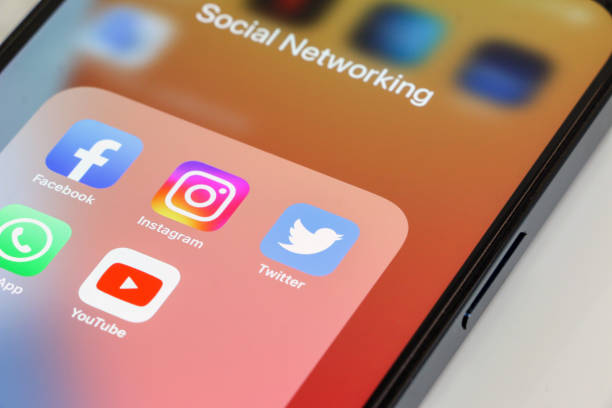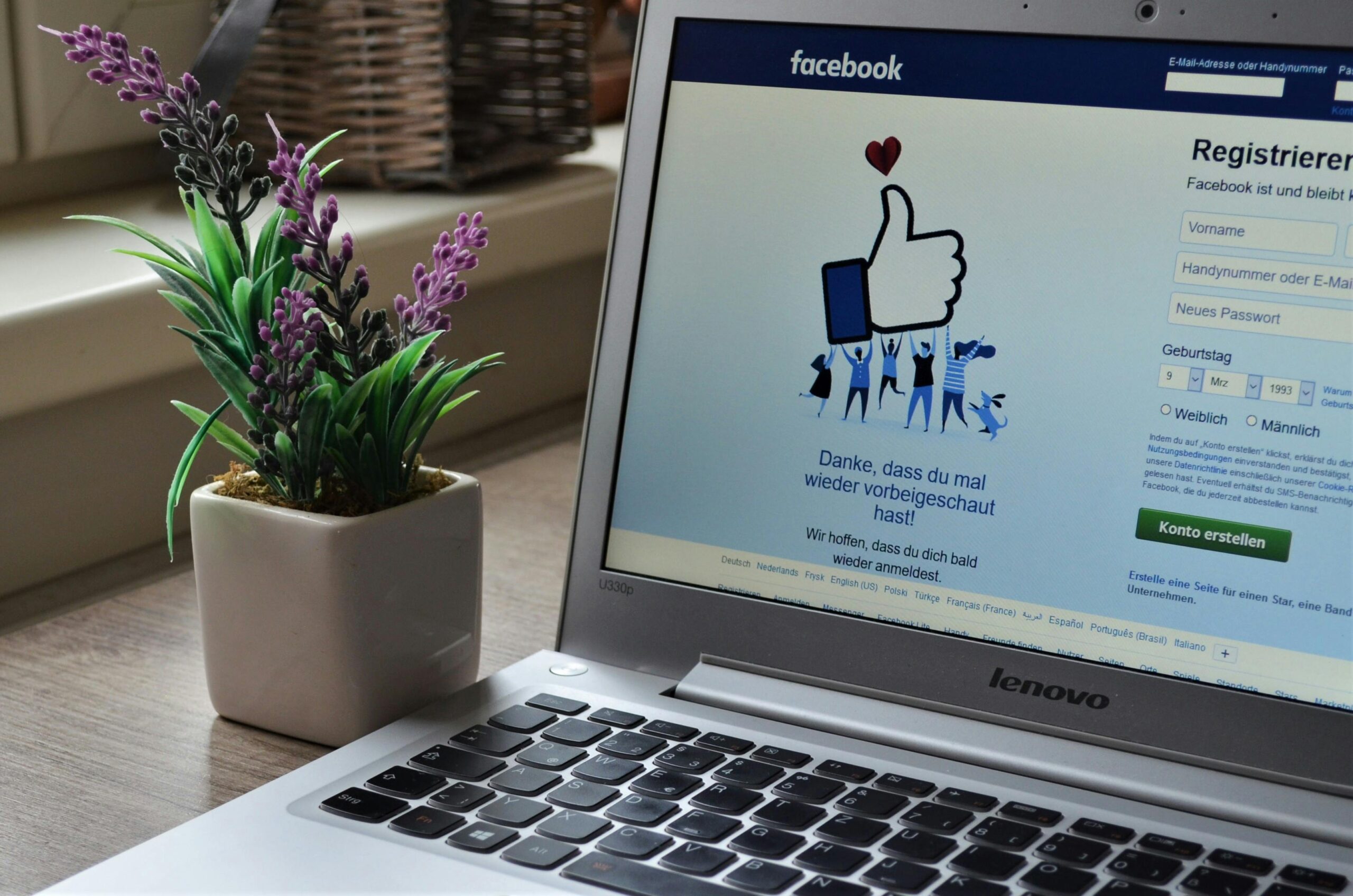Combining social media and search engine optimization (SEO) is a powerful way to increase website visibility. Social media can do wonders for SEO, helping you attract more visitors, grow your brand presence, and improve search rankings over time. Here, we discuss social media strategies that can help your site rank better in search engines and keep your audience engaged. By implementing these techniques, you can drive organic traffic, create quality interactions, and improve your online presence.
Table of Contents
ToggleHow Social Media Influences SEO
While social media activity does not directly affect search rankings, it plays an important supporting role in SEO. The content shared on social platforms creates brand awareness, encourages engagement, and often leads users to your website. When people share, like, or engage with your posts, it signals to search engines that your content is valuable, which can eventually impact your search visibility.
- Builds Brand Awareness: The more people recognize and trust your brand through social media, the more likely they are to engage with your content and explore your website.
- Drives Referral Traffic: Social media can bring new visitors to your website, especially when your content goes viral or is shared widely.
- Improves User Engagement: High engagement rates from social media activity indicate relevance to search engines.
- Encourages Content Sharing: Shared content boosts your reach, indirectly supporting SEO by bringing in new traffic.
Best Social Media Platforms for SEO Benefits

To get the most out of social media for SEO, it is important to choose the platforms that work best for your audience and goals. Not all platforms are equally effective for every type of business, so knowing where your target audience spends time is key.
- Facebook: Great for sharing blog posts, news, and engaging visuals that encourage users to visit your website.
- X.com: Ideal for news, announcements, and industry updates, with retweets boosting your brand visibility.
- Instagram: Highly visual, perfect for brands that rely on images, such as lifestyle, fashion, and food businesses.
- LinkedIn: Beneficial for business-to-business (B2B) brands, LinkedIn is excellent for sharing articles, professional updates, and networking.
- Pinterest: A highly visual platform where content has a long shelf life, particularly effective for DIY, fashion, and travel niches.
Selecting the right platforms ensures your content reaches the people who are most likely to engage, share, and visit your website.
Creating Shareable Content to Boost Engagement
Creating content that resonates with your audience is essential for boosting engagement and driving more traffic from social media. Consider these strategies to make your content more shareable:
- Use Attention-Grabbing Headlines: The title is the first thing users see, so it needs to be compelling enough to make them click.
- Incorporate Visuals: Posts with images or videos are more likely to get shared than text-only posts.
- Provide Value: Whether it is informative, entertaining, or inspirational, valuable content attracts more shares.
- Encourage User Participation: Ask questions, create polls, or encourage comments to make the audience feel involved.
Making content that people want to share naturally increases engagement, driving more users to your website and enhancing your SEO performance.
The Power of Hashtags in Boosting Reach
Hashtags can greatly increase the reach of your posts, especially on platforms like Instagram, Twitter, and LinkedIn. When used correctly, hashtags can expose your content to a broader audience beyond your followers, bringing in new viewers and potential customers.
- Use Trending Hashtags: Using popular hashtags relevant to your industry can attract users who are already interested in the topic.
- Create Branded Hashtags: Unique to your brand, these hashtags help build a community around your content.
- Mix Hashtag Types: Combine general and specific hashtags to reach both broad and niche audiences.
By making use of hashtags, your content is more discoverable, leading to higher visibility and ultimately improving SEO.
Increasing Website Traffic Through Social Media

One of the main goals of social media is to drive traffic to your website. More website traffic can help your SEO efforts in various ways, from improving bounce rates to increasing the average time spent on your site.
Add Links to Your Social Media Bios
Most social media platforms allow you to add a link to your profile bio. Use this space wisely by linking to your website’s homepage, a blog, or a specific page relevant to your campaign.
Include Links in Your Posts
Whenever possible, add links to your posts that encourage users to visit your website. Just remember to do this sparingly; too many links can look spammy.
Share High-Quality Content Regularly
Consistency is key. Sharing quality content regularly increases the chances of your followers visiting your website, which can improve SEO through steady referral traffic.
Engaging with Your Audience for Better Brand Loyalty

Building connections with your audience can strengthen your brand and encourage repeat visits to your site. Engaged followers are more likely to recommend your brand, leading to more traffic and improved SEO.
- Respond to Comments and Messages: Interacting with followers makes them feel valued and connected to your brand.
- Host Q&A Sessions: These can help address audience concerns and showcase your expertise.
- Show Appreciation: Acknowledging loyal followers builds loyalty, leading to more shares and visits to your site.
Through active engagement, you build a dedicated audience, leading to more organic traffic and better SEO results.
The Impact of Social Signals on Search Engines
Social signals, which include likes, shares, and comments, indirectly impact SEO. While these signals are not a direct ranking factor, they contribute to the overall value of your website in the eyes of search engines.
- Popularity Signals: Social media engagement reflects popularity, signaling to search engines that your content is valuable.
- Increased Backlinks: When your content gets widely shared, it is more likely to be linked by other websites, which boosts SEO.
- Enhanced Domain Authority: High engagement and backlinks from shared content increase your site’s authority over time.
The more people interact with your content, the more search engines recognize it as trustworthy and useful.
Boosting Local SEO with Social Media
If you are a local business, using social media to improve local SEO is especially valuable. By adding location-based details and engaging with the local community, you can drive nearby users to your site.
- Geo-Tags and Hashtags: Adding location tags and local hashtags makes it easier for people in your area to find your posts.
- Partner with Local Influencers: Collaborating with local influencers can increase your reach within the community.
- Share Local Events: Posting about local events helps connect your business with the community, boosting both online and offline visibility.
Using these strategies helps you become more visible to local customers, which is crucial for local SEO success.
How User-Generated Content Supports SEO
User-generated content, such as customer reviews, testimonials, and photos, can boost your SEO by providing fresh and authentic material. Social media is an ideal platform for collecting and showcasing user-generated content.
- Encourage Reviews and Testimonials: These help build trust with potential customers and improve your online reputation.
- Feature Customer Photos and Stories: Reposting user content not only shows appreciation but also provides social proof, attracting new followers.
- Run Contests and Giveaways: Encourage customers to share their experiences to enter a giveaway, which provides new content for your brand.
This type of content is often shared by users, expanding your reach and enhancing your brand’s visibility.
Tracking Social Media Metrics for SEO Success

Monitoring social media metrics helps you understand what works and where to improve. This ensures that your social media efforts contribute effectively to SEO.
- Engagement Rate: Shows how actively your audience interacts with your posts.
- Referral Traffic: Tells you how many visitors are coming to your website from social media.
- Conversions: Shows how many social media users take desired actions, like signing up or making a purchase.
- Audience Growth: Measures the increase in followers over time, indicating brand interest.
Analyzing these metrics enables you to fine-tune your strategies for maximum impact.
Using Influencers to Boost Social Reach and SEO
Influencers can increase brand visibility and drive traffic to your website, helping with SEO. When influencers share your content, it reaches a larger audience and can attract high-quality traffic.
- Choose Relevant Influencers: Focus on influencers whose audience aligns with your target market.
- Create Engaging Campaigns: Partner with influencers to promote products, offer exclusive discounts, or host giveaways.
- Encourage Link Sharing: Ensure that influencers link to your website in their posts, driving more visitors and referral traffic.
By collaborating with influencers, you can introduce your brand to new audiences and attract more visitors.
Conclusion: Combining Social Media and SEO for Long-Term Success
Social media can be a powerful tool for improving your SEO. From increasing engagement to building brand awareness, social media helps you attract organic traffic that ultimately improves search rankings. By choosing the right platforms, creating engaging content, interacting with your audience, and working with influencers, you build a robust online presence that supports your SEO goals. In a digital world, combining these strategies brings lasting benefits to your website, improving visibility, engagement, and brand loyalty over time.
Frequently Asked Questions
1. Can social media directly improve SEO rankings?
No, social media does not directly affect SEO rankings, but it plays an indirect role by increasing brand awareness, driving traffic, and boosting engagement.
2. Which social media platform is best for SEO?
Different platforms work well for different goals. LinkedIn is great for B2B, while Instagram works well for lifestyle brands. Facebook and Twitter are good all-around choices.
3. How often should I post on social media for SEO benefits?
It depends on your audience and platform, but consistency is key. Posting regularly, even if only a few times a week, helps keep your audience engaged.
4. Do hashtags really help in SEO?
Hashtags increase post visibility on social media, which can lead to more traffic and engagement. While they do not affect SEO directly, they can help drive website visits.
5. How do I track the success of my social media SEO efforts?
Track metrics such as referral traffic, engagement rate, conversions, and audience growth to gauge how well your social media strategy supports SEO.








